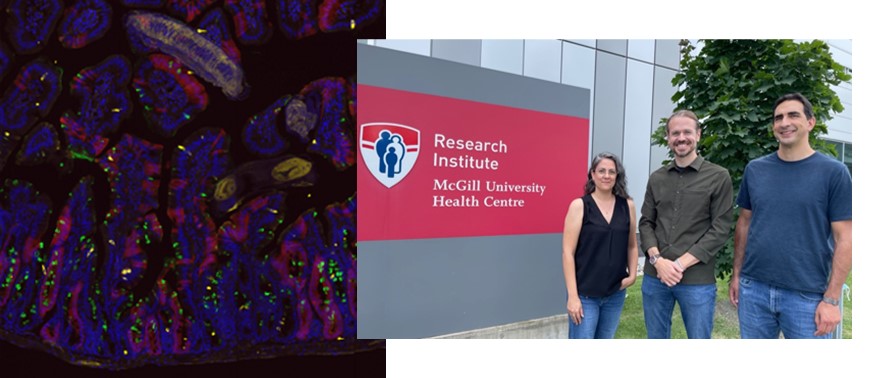In a Journal of Experimental Medicine publication, Irah King, PhD, describes his recent study that looked at the impact of helminths, or parasitic worms, on the epithelial cells of the intestinal barrier. His lab discovered that these parasites can affect the response of the epithelium’s immune system, particularly in the area where stem cells reside. At the same time, the immune system is fighting to retain control.
These helminths infect approximately one quarter of the world’s population, often causing chronic infection as they evade the defensive immune response of their host.
“Our findings provide a foundation for the discovery of specific helminth-derived molecules and pathways that can be targeted for the development of novel anti-helminthic drugs.” “Additionally, our work provides a new conceptual framework for helminth-based therapies designed to rejuvenate the intestinal barrier following acute injury.”
Irah King
Dr. King is a scientist at the Meakins-Christie Laboratories and member of the RESP Program at the Research Institute of the MUHC.
Read the Article
Helminth-induced reprogramming of the stem cell compartment inhibits type 2 immunity Karo-Atar D, Ouladan S, Javkar T, Joumier L, Matheson MK, Merritt S, Westfall S, Rochette A, Gentile ME, Fontes G, Fonseca GJ, Parisien M, Diatchenko L, von Moltke J, Malleshaiah M, Gregorieff A, King IL. J Exp Med. 2022 Sep 5;219(9):e20212311. doi: 10.1084/jem.20212311. Epub 2022 Aug 8.
Read More
A new collaboration between immunoparasitologists and stem cell biologists at the RI‑MUHC describes how parasitic worms, or helminths, directly inhibit an anti-parasitic immune response by the intestinal epithelium. RI-MUHC News. August 11, 2022.
